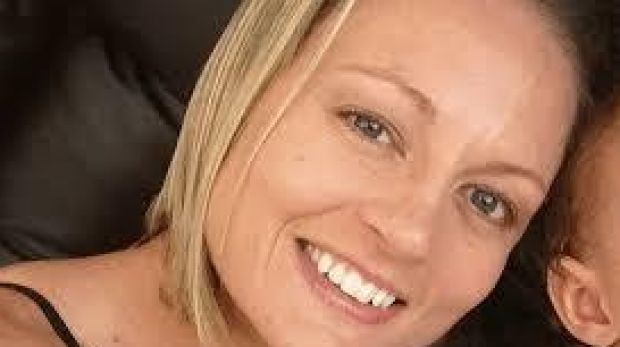
Cancer survivor Kylee Sanson says there is a lack of support post-treatment. Photo: Cancer Council Queensland
Many Queensland cancer survivors are forced to grin and bear it this World Cancer Day as a Queensland-first research study reveals around 80 per cent are missing out on post-treatment support.
Conducted by Cancer Council Queensland, the 1000 Survivor Study is an Australian-first project assessing the physical, emotional and practical concerns of cancer survivors.
Spokeswoman Katie Clift said the survey was necessary due to rising rates in cancer diagnosis and survival rates.
“Due to an ageing and increasing population, ever greater numbers of people in the community are affected by cancer.” Ms Clift said.
“There are more than 200,000 Queenslanders alive today after a diagnosis of cancer in the past 30 years, all of them uniquely impacted by the disease.”
According to the study 94 per cent of Queensland cancer survivors experienced physical concerns such as energy, sexual function, concentration, neuropathy and pain following cancer treatment, while 95 per cent reported emotional concerns such as depression, grief and identity and fear of cancer recurring.
However, despite such circumstances, 78 per cent did not receive care to address one or more of their physical concerns, and 82 per cent did not seek help with coping regarding emotional matters.
The majority of survivors who didn’t seek care and support for their concerns reported they had ‘learned to live’ with their condition.
Gritting teeth had been a familiar practice for Redcliffe-based personal trainer Kylee Sanson, who has been cancer-free for 14 years after being diagnosed with a melanoma when she was 22 and pregnant.
“I definitely suppressed myself a bit after my treatment – ‘learn to live with it’ are words you use and hear a lot, even though now we know there is so much support out there that we’re just not using.” Ms Sanson said.
“I was so young, so you think you’re 10 feet tall and bullet proof, but now having two kids to think about it sunk in that this is something that’s proven to be genetic.
“Not only have I got to treat myself and protect the skin that I live in but I’m also responsible for my children.”
Although many cancer survivors bypassed post-treatment care due to denial and exhaustion from coping with their illness, Ms Sanson said the main roadblock could be lack of awareness, something she was keen to change.
“To be honest, I had no post-treatment care other than to check my stitches,” she said.
“I just wasn’t aware of the level of support that was out there and it’s come a long way in 14 years.
“Advocating, for me, is almost therapy; to make people aware of the dangers of excessive sun exposure, as well as post-treatment care.
“It’s about going to get a check regularly and overcoming fears.
“It starts with GP’s, with the cancer surgeons and nurses; post-treatment care should a part of the conversation of your health strategy.
“You may be struggling and it may not even be the cancer, it could just be other life things, and if you just talk to people, like a GP or a counsellor or the Cancer Council you can at least become aware of what’s going on and learn to manage.”
Cancer Council Queensland recommends support groups, counselling sessions or just a call to its support line, which is manned by experienced cancer nurses every weekday.
13 11 20 provides information, resources, advice and support, answers to questions about all cancers and provides referrals to Cancer Council Queensland’s free Cancer Counselling Service.
“It’s important for us as community members to strengthen our connections with those affected by cancer, to ensure they can attain an optimal quality of life,” Ms Clift said.
For more information, call 13 11 20, or visit survivorstudy.org.au or cancerqld.org.au.
